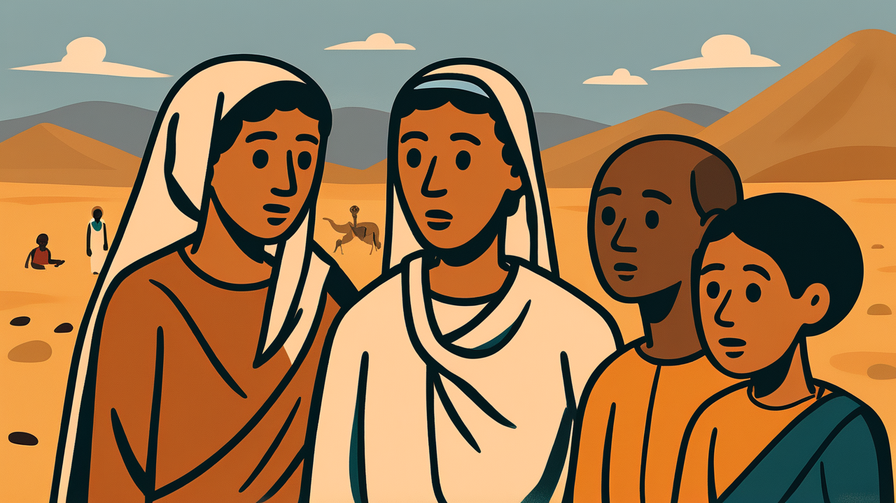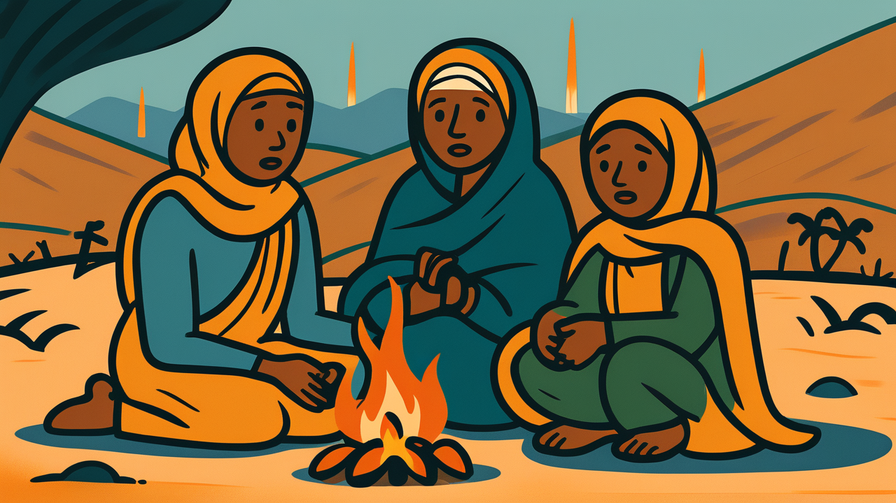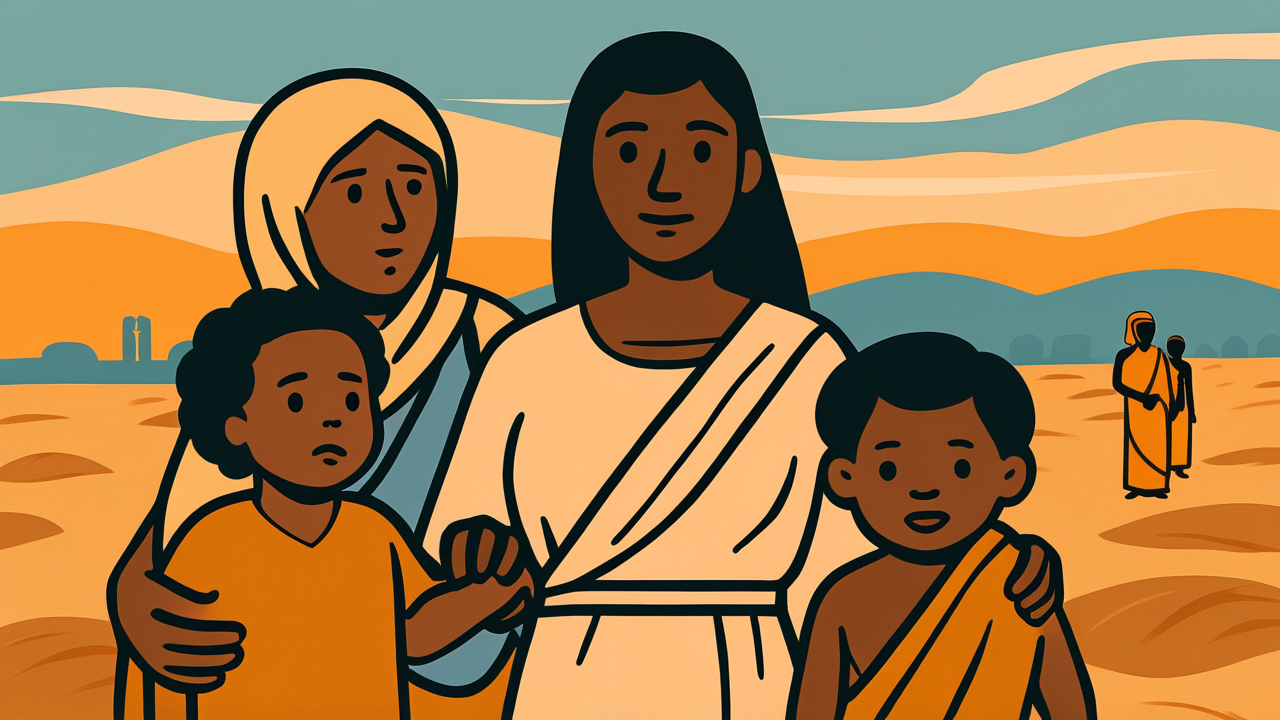[Disclaimer] This article is reconstructed based on information from external sources. Please verify the original source before referring to this content.
News Summary
The following content was published online. A translated summary is presented below. See the source for details.
Sudan is experiencing one of the world’s worst humanitarian crises, with millions of people displaced from their homes and facing severe food shortages. The ongoing conflict between military factions has devastated the country, leaving hospitals destroyed, schools closed, and entire communities without access to basic necessities. Despite the scale of suffering, international media coverage remains limited, leading advocates to describe Sudan as “bleeding in silence.” The United Nations reports that over 25 million people need humanitarian assistance, with children particularly vulnerable to malnutrition and disease. Aid organizations struggle to deliver help due to ongoing violence and blocked humanitarian corridors. Local communities have organized grassroots support networks, but resources are extremely limited. The crisis has regional implications, with refugees fleeing to neighboring countries that are already facing their own challenges. Experts warn that without immediate international intervention and increased humanitarian funding, the situation will deteriorate further, potentially destabilizing the entire region.
Source: Global Voices
Our Commentary
Background and Context

Sudan, located in Northeast Africa, has faced decades of political instability. The current crisis began in April 2023 when two military groups – the Sudanese Armed Forces (SAF) and the Rapid Support Forces (RSF) – started fighting for control of the country. This isn’t just a political dispute; it’s a battle that has torn apart families and communities.
Before this conflict, Sudan was already recovering from years of dictatorship and economic problems. The country had hopes for democracy after overthrowing long-time ruler Omar al-Bashir in 2019, but those dreams have been shattered by the current violence.
Expert Analysis
Humanitarian experts describe Sudan’s situation as a “perfect storm” of disasters. When fighting destroys hospitals, farms, and markets, it creates a cycle where each problem makes the others worse. People can’t grow food because they’ve fled their farms. They can’t buy food because markets are destroyed. They can’t get medical help because hospitals are damaged or lack supplies.
The phrase “bleeding in silence” reflects how little attention this crisis receives compared to other global conflicts. While other wars dominate headlines, Sudan’s suffering often goes unnoticed, making it harder to raise funds and mobilize international support.
Additional Data and Fact Reinforcement
The numbers are staggering and help us understand the scale of this crisis:
• 25 million people need humanitarian aid (more than half of Sudan’s population)
• 7 million people have been forced from their homes
• 18 million people face acute food insecurity
• Malnutrition rates among children have reached emergency levels in many areas
To put this in perspective, imagine if half of your country’s population suddenly needed emergency help – that’s what Sudan is facing right now.
Related News
The Sudan crisis connects to broader regional challenges. Neighboring countries like Chad, Egypt, and South Sudan are receiving thousands of refugees daily, straining their own resources. The conflict also disrupts important trade routes and agricultural production that other African nations depend on.
International organizations like the World Food Programme and UNICEF are working in Sudan, but they report severe funding shortfalls. They’ve received less than 30% of the money needed for their humanitarian operations.
Summary

Sudan’s humanitarian crisis demands urgent global attention. While the world focuses on other conflicts, millions of Sudanese people face starvation, disease, and displacement. The international community must increase humanitarian funding, pressure warring parties to allow aid delivery, and work toward a peaceful solution. Every day of delay means more preventable deaths, especially among children. This isn’t just Sudan’s problem – it’s a human crisis that affects us all.
Public Reaction
Sudanese diaspora communities worldwide have organized protests and fundraising campaigns, frustrated by the lack of international response. Social media campaigns with hashtags like #SudanBleeding try to raise awareness. Aid workers on the ground report feeling abandoned by the international community, while local Sudanese volunteers risk their lives daily to help their neighbors despite having limited resources themselves.


